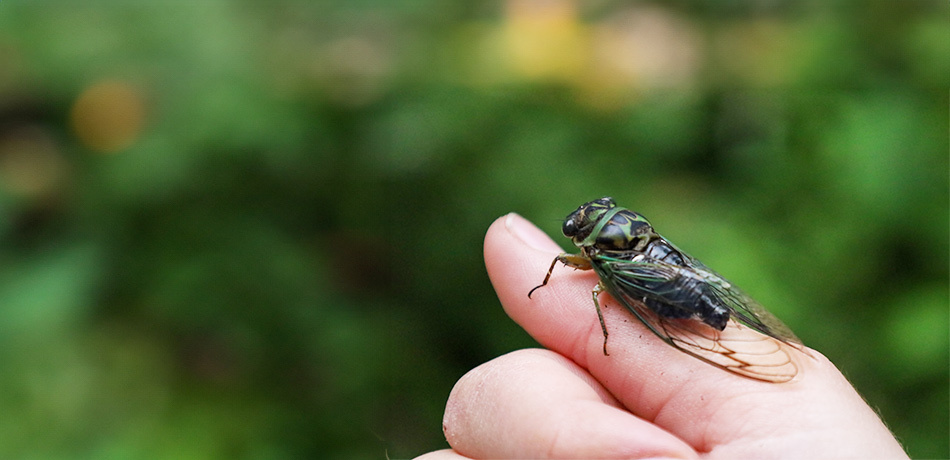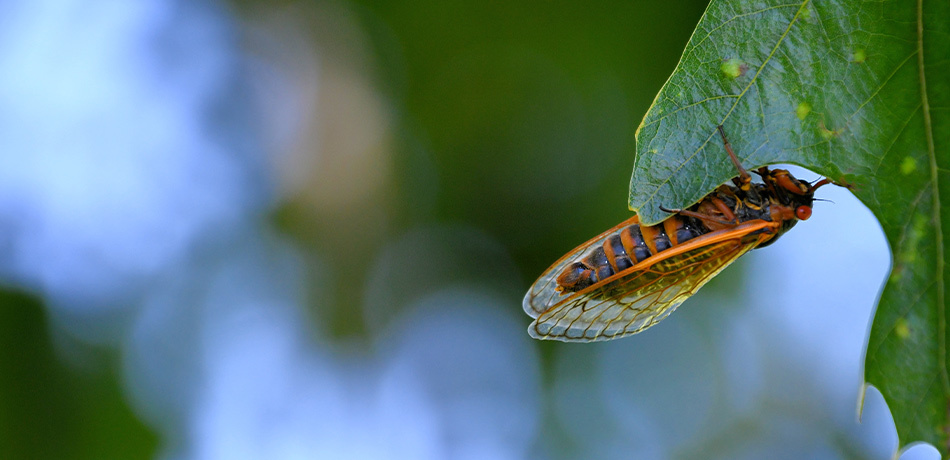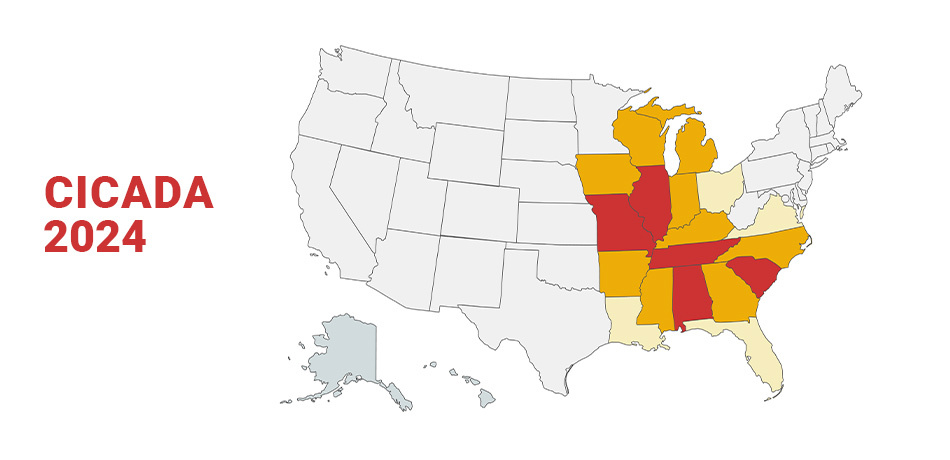ONLY $5.99 Shipping: Flat Rate Economy Shipping*
Free Shipping: Free Economy Shipping is available on orders over $100*
* Free Shipping is only available to valid addresses located in the contiguous U.S.
* Some exceptions apply
Come, run along with us as we share our joy of everything running.
As the warmth of summer envelops the land, a symphony unlike any other begins to crescendo. The buzzing, clicking, and chirping fill the air, marking the arrival of one of nature's most remarkable phenomena - the cicada invasion of 2024. This year, the emergence of two distinct broods, Brood XIX and Brood XIII, has captured the attention of entomologists and fascinated observers worldwide. It will be the first time these two Broods have co-emerged since 1803.

To understand the significance of this event, we must delve into the history of these remarkable insects. Cicadas, with their characteristic red eyes and translucent wings, spend most of their lives underground, feeding on tree roots. But once every 13 or 17 years, depending on the periodical brood, they emerge en masse to mate, lay eggs, and perpetuate their species.
Brood XIX, known as the Great Southern Brood and the largest group of the 13-year cicada broods, last hatched in 2011, while Brood XIII, the Northern Illinois Brood, made its last presence in 2007. The convergence of these two broods in 2024 is a rare occurrence, with the last overlap happening over a century ago. This synchrony is a testament to the intricate cycles of nature and the resilience of these fascinating insects.
The impact of the cicada invasion extends beyond mere curiosity. These insects play a vital role in the ecosystem, providing a feast for predators such as birds, mammals, and even humans in some cultures. Their emergence also enriches the soil as their bodies decompose, nourishing plant life and promoting biodiversity.

But as awe-inspiring as the cicada invasion may be, it also poses challenges for communities. The deafening chorus of millions of cicadas can disrupt daily life, overwhelming even the most resilient of eardrums. Gardeners may find their plants under siege, as female cicadas lay their eggs in the tender branches of trees and shrubs.
Despite these challenges, the cicada invasion of 2024 offers a unique opportunity for reflection and celebration. Up to a trillion cicadas will emerge to sing, mate, then perish. To commemorate this historic event, we invite you to participate in our Outrun the Cicada Invasion 2024, a virtual race unlike any other. Lace up your running shoes and embark on a journey to outrun the cicadas, receiving a commemorative shirt, medal, and bib as tokens of your achievement.
In the end, the cicada invasion of 2024 serves as a poignant reminder of our interconnectedness with the planet and the countless mysteries it holds. So let us marvel at the sight of these remarkable insects, for they remind us that even in the midst of chaos, beauty and wonder abound.
